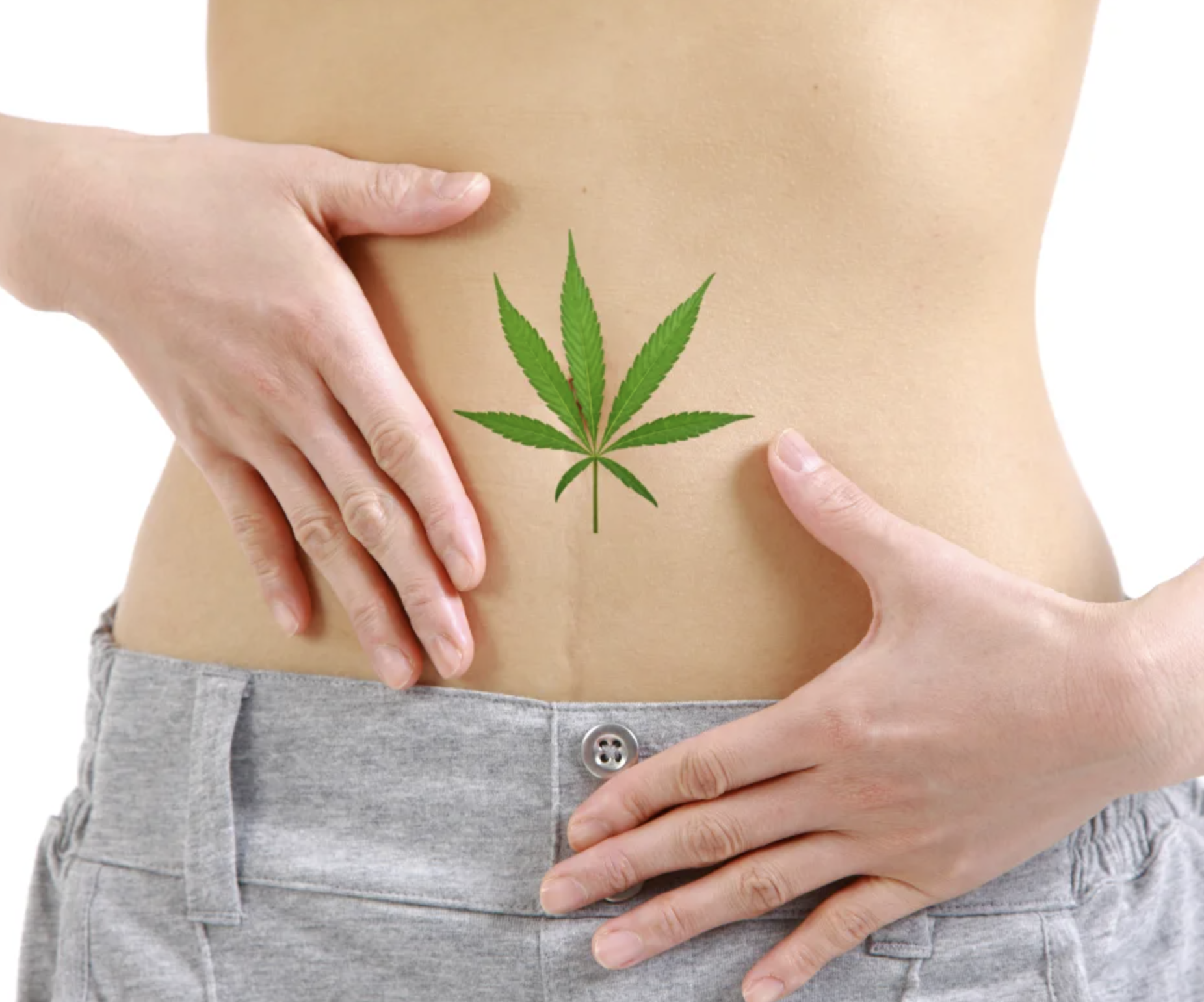
In the United States, it is estimated that more than 3 million people live with an inflammatory bowel disease, also known as IBD. This chronic condition encapsulates both Crohn’s disease as well as a condition known as Ulcerative Colitis or simply UC. Ulcerative Colitis is not only an inflammatory bowel disease but it is also considered an autoimmune disease. It is estimated that autoimmune diseases affect roughly 24 million individuals or approximately 7% of the US population. According to statistics from Medscape, there are roughly 1 million individuals in the United States alone that live with Ulcerative Colitis making it a prevalent condition.
What is Ulcerative Colitis?
UC is characterized by the immune system attacking the inside layer of the large intestine, also known as the colon, in addition to the rectum. Like many other autoimmune diseases, the exact cause of this condition is unknown. It is widely believed, however, that an underlying immune system malfunction is part of the cause. In individuals that live with UC, their immune system attacks healthy cells within their colon and rectum, which in return causes varying debilitating symptoms.
The risk for UC is higher among Caucasians and those of Ashkenazi Jewish descent. According to the Mayo clinic, despite Crohn’s disease being a more widely known condition, it is believed that ulcerative colitis is more than three times more prevalent than Crohn’s disease. Among men and women, women are diagnosed with Ulcerative Colitis more often than men, with the onset of the condition typically peaking between the ages of 15 and 25.
Two prevalent characteristics that help to provide a diagnosis of Ulcerative Colitis are the existence of inflammation and ulcers within the digestive tract. The sudden development of these aspects does not necessarily, however, automatically provide a diagnosis of UC as the symptoms of this condition typically develop slowly over time rather than suddenly. The symptoms and the severity of them may vary between patients due to the severity of inflammation within their digestive tract.
The most common symptoms of Ulcerative Colitis include but are not limited to rectal bleeding, rectal pain, weight loss, the inability to defecate, fatigue, cramping, abdominal pain, and diarrhea. Ulcerative Colitis also includes four subtypes with their own set of unique complications and symptoms. These include Ulcerative Proctitis, Left-Sided Colitis, Pancolitis, and Proctosigmoiditis.
Ulcerative Colitis is a very severe condition that can cause detrimental issues as well as a fatality if left untreated. The most common things that occur when this disease is present and is not treated include holes within the colon, internal bleeding, increased risk of colon cancer and blood clots, and inflammation of your joints, eyes, and skin. While there is no cure for Ulcerative Colitis like other autoimmune diseases, there are some treatments that provide help.

What Are Treatment Options for Ulcerative Colitis?
The most common treatments utilized by Ulcerative Colitis patients include changes to their diet and nutrition, the introduction of anti-inflammatory drugs, biologics with protein targeting, immune system suppressors, and other pharmaceuticals such as antidiarrheal medications, pain relievers, anti-spasmodic medications, and nutrient supplements. In extremely severe cases, sometimes Ulcerative Colitis patients must have their rectum and colon removed and replaced with a JPouch for the collection of stool in a surgery known as proctocolectomy.
Aside from pharmaceutical and over-the-counter medications, in addition to dietary changes, many UC patients are turning to natural alternatives such as cannabis. While there is always room for more research regarding any medical condition and potential treatments, including cannabinoids, there is significant research pointing to the benefits of cannabinoid therapies for patients with ulcerative colitis.
In a 2010 study, it was suggested that a combination of CBD along with low THC concentrations likely offers the most potent relief from Ulcerative Colitis symptoms with the least risk for side effects. This study showed that THC, however, was the most effective treatment for the symptoms of UC in comparison to the effectiveness of CBD or sulfasalazine, one of the most widely utilized anti-inflammatory medications prescribed for inflammation related to colitis.
Additionally, a study published in 2021 the double-blind, randomized, placebo-controlled trial concluded that “short-term treatment with THC rich cannabis-induced clinical remission and improved quality of life and patients with mild to moderately active ulcerative colitis.”
It seems that many Ulcerative Colitis patients have seen great success with cannabinoid therapies seeing how there is a much higher prevalence of cannabis consumption among UC patients when compared to the use of cannabis within the general population, according to a study published in 2018.
How Does Cannabis Help Ulcerative Colitis Patients?
It is clear, according to the research above that cannabis offers benefits for UC patients, but how? Aside from showing that THC-rich cannabis can induce clinical remission, cannabinoids also help UC patients to manage and reduce the severity of many symptoms in whichthey experience due to the disease. Some of the most common symptoms of Ulcerative Colitis include but are not limited to minimal appetite, abdominal pain and cramping, inflammation, low metabolism, fatigue, fever, and difficulties with digestion.
Cannabinoids within cannabis such as THC and CBD have consistently shown through research to offer anti-inflammatory properties. There have even been products introduced to the medical cannabis market such as suppositories infused with cannabinoids that help to target the specific area of concern for patients with conditions such as Ulcerative Colitis and Crohn’s Disease. This makes cannabis a great option for addressing the inflammatory issues associated with UC.
For Ulcerative Colitis patients that suffer from a loss of appetite, cannabis cultivars rich in THC could be just what they need. THC has been shown consistently to stimulate the appetite in something commonly referred to as “the munchies!” In recent studies, cannabis has even been shown to help fight fatigue. It seems that cannabis has a lot to offer Ulcerative Colitis patients and luckily in many states that have legalized medical cannabis, IBDs such as UC are qualifying conditions.
If you suffer from UC, IBD, Crohn’s, or one of many other conditions in which cannabis may be beneficial and live in a state where cannabis has been legalized for medical purposes, apply for your medical cannabis recommendation today. Who knows, becoming a medical cannabis patient could change your life like it has millions of others. What are you waiting for? Schedule your appointment today to see if you qualify to become a medical cannabis patient.
Disclaimer: The information, including but not limited to, text, graphics, images and other material contained in this article is for informational purposes only. No material from this article is intended to be a substitute for professional medical advice, diagnosis, or treatment. Always seek the advice of your physician or other qualified health care provider with any questions you may have regarding a medical condition or treatment before undertaking a new health care regimen. Never disregard professional medical advice or delay in seeking it because of something you have read on this website.
